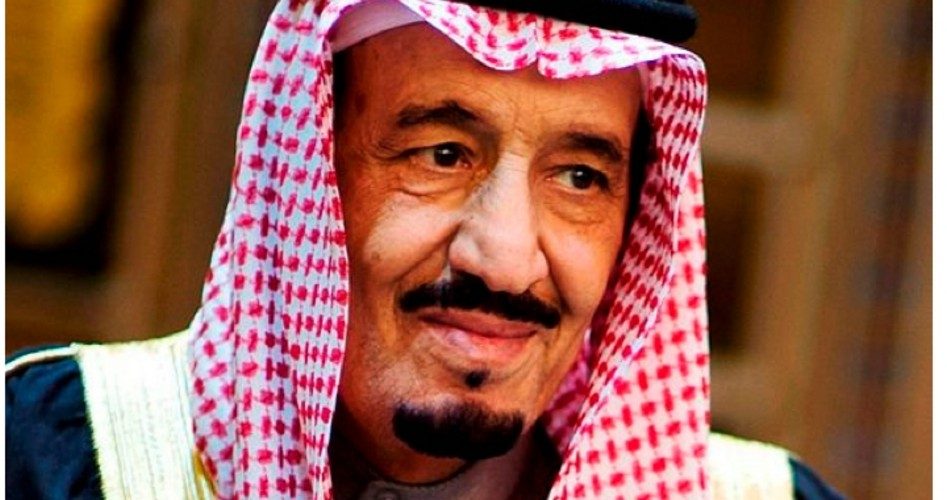
On Monday Saudi Arabia’s council of ministers confirmed the rumors that the leader of the OPEC cartel is now willing to “stabilize” world oil prices, saying in its announcement:
The council of ministers … stressed the kingdom’s role in achieving the stability of the oil market and its continuous readiness and efforts to cooperate with all OPEC and non-OPEC countries to maintain the stability of the market and prices.
The price of crude on world markets jumped at the news, and continued its rise on Tuesday, moving from $40 to $43 a barrel. Prior to the announcement, oil prices appeared ready to test its 52-week low of $39.87 a barrel, with some commentators suggesting oil might not find a bottom before hitting $20.
Whether the world’s energy calculation has undergone a permanent shift remains to be seen. Algeria, one of the cartel’s members, has been pushing the cartel to end its determination to flood the world with crude in order to (what it professes publicly) maintain market share and to (privately) choke off the fracking revolution in the United States. Said Algeria’s Prime Minister Abdelmalek Sellal last week:
The main players in the petroleum market must certainly reach an agreement about the levels of production. If the petroleum market is not controlled, it will witness strong volatility for prices [which would hurt] the interests of producers and consumers and the whole petroleum industry.
Exactly how the interests of consumers would be hurt by lower oil prices was not explained by the prime minister, but his own country’s troubles continue to mount in the face of falling crude oil revenues. With 60 percent of its economy centrally planned, the fact that it has 10 percent of the world’s proven oil reserves and 15 percent of the world’s natural gas reserves has not prevented double-digit unemployment and runaway inflation.
Even worse is the economic situation in Venezuela, run by the Marxist Nicolas Maduro who learned his socialist lessons well from his predecessor, Hugo Chavez. With oil revenues providing more than half of his government’s revenues, the oil price decline has forced Maduro to pay the bills by inflating its currency. Predictably prices for essential products shot up and, true to form, he put in place price controls, which caused shortages.
And unrest. With elections coming up two days after the next OPEC meeting in December, Maduro has made trips to Riyadh to plead for help in raising the price of oil. Three weeks ago he told OPEC officials in Vienna that he needed oil at $88 a barrel “to guarantee global investment in the next five to 10 years” and, yes, to guarantee his reelection in December.
That upcoming December 4 meeting of OPEC’s 13 members could mark the beginning of steadily rising oil prices. With oil revenues falling by an estimated $300 billion for cartel members this year, the December meeting might result in a massive shift in the world energy equation. Instead of asking how low oil prices might go, bloggers and prognosticators will likely start asking just how high.
The initial spike in oil prices early this week was caused no doubt by short sellers closing positions that counted on lower oil prices to make them profitable. They were also no doubt caused by the uncertainty over the shooting down of a Russian aircraft by Turkey.
In the longer run, however, if Saudi Arabia is able to enlist the support of both OPEC and non-OPEC members (such as Mexico) in an attempt to restrict production in order to drive market prices higher, it will find its efforts coming to naught. The fracking industry in the United States has come of age and has been planning for a time when oil prices would move higher. That’s why it has been stacking oil rigs onsite waiting for just such a time and opportunity to put them back to work. That’s why the industry has continued to develop reserves, rather like inventory, waiting for the appropriate time to bring them to market.
Also, Iran might have little interest in going along with the rest of the members of the cartel as it is working feverishly to expand its own production now that sanctions have been lifted.
OPEC is caught between third base and home plate (appropriately known, in baseball terminology, as a “suicide squeeze”). If oil prices stay low, the cartel members will face increasing unrest at home from unhappy citizens facing state-imposed austerity measures. If oil prices rise, more crude will shortly enter the market, keeping oil prices from ever reaching $88 a barrel, or anything close to it.
History is likely to record that OPEC, back in November 2014, overplayed its hand, betting that by flooding the market it would shortly drive marginal producers in the United States into bankruptcy. Whatever happens on December 4, it is clear that the price of oil will stay low, consumers will continue to benefit, and OPEC’s credibility and power will continue to diminish.
Photo is of Saudi King Salman bin Abdulaziz Al Saud
A graduate of an Ivy League school and a former investment advisor, Bob is a regular contributor to The New American magazine and blogs frequently at www.LightFromTheRight.com, primarily on economics and politics. He can be reached at [email protected].



